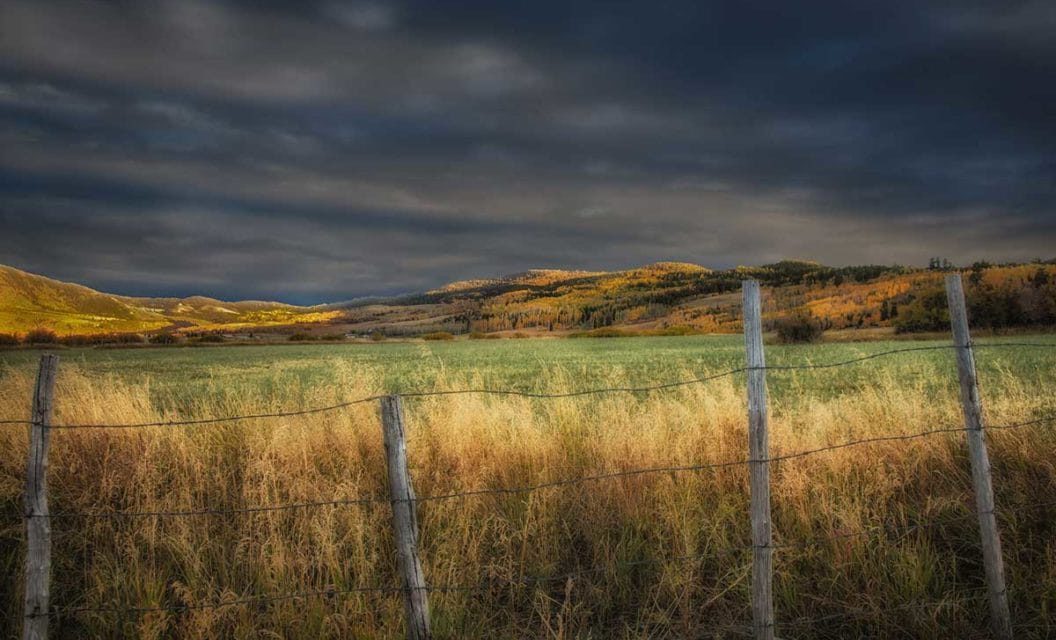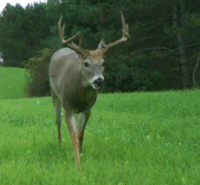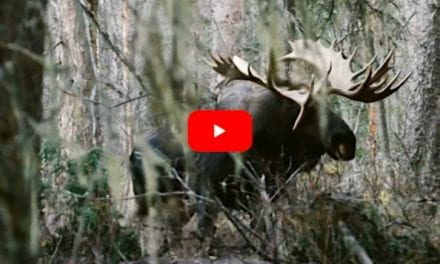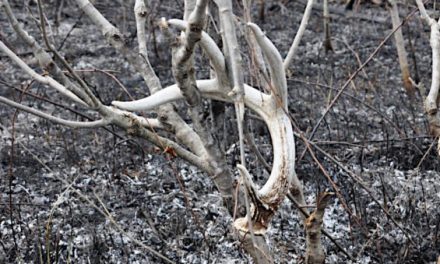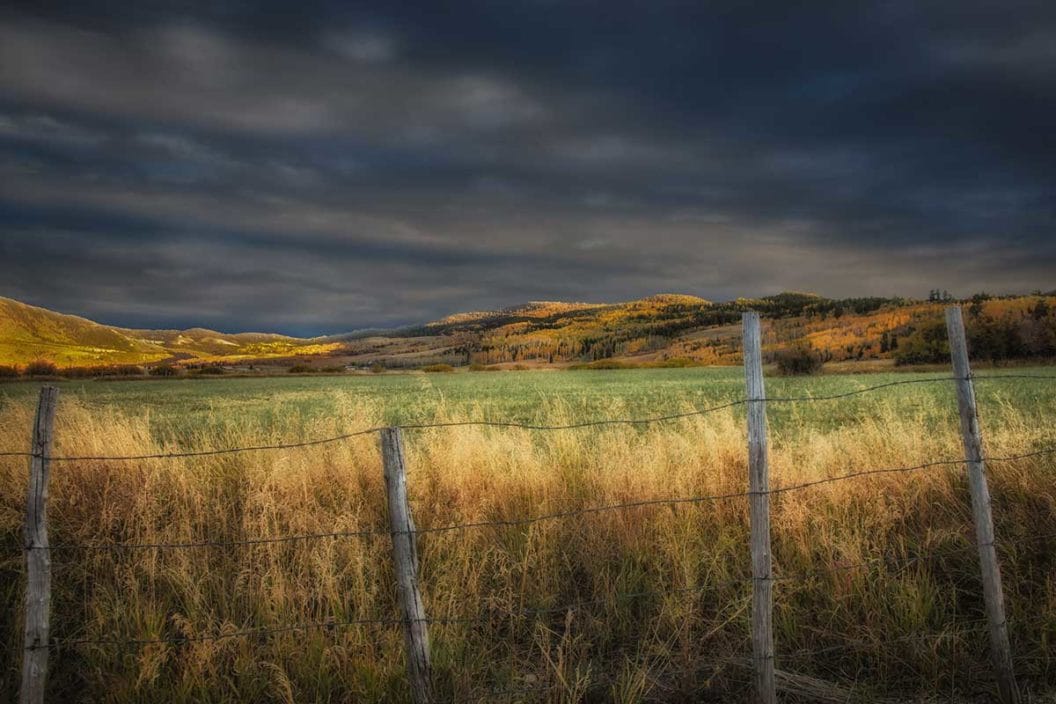
Four Missouri hunters beat charges in a controversial criminal case, possibly prompting long-overdue change to trespass law.
Brad Cape, John Slowensky, Zach Smith, and Phillip Yoemans, — all Missouri residents — traveled to Wyoming last fall to bowhunt elk and mule deer on Bureau of Land Management property in Carbon County. To access the public land, the group climbed a stepladder to cross over a corner where four parcels of land met. Two were public, and two were private.
Following the incident, the four nonresidents were charged with criminal trespass for corner-crossing Fred Eshelman’s Elk Mountain Ranch. The hunters faced up to six months in jail and a fine of up to $750 — even though they never physically touched the private land.
The case caused outrage in the hunting community. Corner-crossing is a legal gray area, and the group had no intentions of actually hunting on the private land.
During proceedings, Carbon County Prosecutor Ashley Mayfield Davis claimed that the hunters didn’t have to set foot on private land to be in violation of trespassing law.
“The law is you own the airspace. Land ownership is not just the dirt, it’s the airspace above,” she said. “All of their bodies were over private land…. When you break that plane [above a property boundary line] you are entering their property.”
But defense attorneys argued the delayed citation is evidence the ranch owner threw his weight around to force charges and that trespass law isn’t so cut-and-dried.
“It’s clear as mud,” said defense attorney Ryan Semerad. “He [the landowner] believed the whole mountain was his and that no one but [he] was allowed to be there … like a king. When he hears there are some regular people on the other side of the mountain [he said] ‘Go track them down, arrest those men!’ He sends his helper to go call the county attorney’s office and here we are.”
On April 29, the six-person jury in Carbon County found all four hunters not guilty of criminal trespass. Although the four hunters won this case, they’re still facing a civil suit.
The Wyoming Chapter of Backcountry Hunters and Anglers (BHA), which raised over $70,000 to help cover the hunters’ legal costs, released a statement applauding the jury’s decision.
“Today the court made its decision, and Wyoming BHA believes justice has been served. We are happy for these hunters, and we hope we can avoid future scenarios of criminal prosecution of the public for attempting to access their public lands and waters.
“This isn’t a precedent setting decision, but it is a step forward. We are committed to advancing this conversation and we hope we can find solutions that result in increased public access while respecting the property rights and concerns of all.”
But, Joel Webster, vice president of western conservation for the Theodore Roosevelt Conservation Partnership, warned months prior that a not-guilty verdict wouldn’t be as big a victory as many had hoped and could actually complicate the issue.
“The hopes of what this would resolve might be overblown,” Webster said. “And, in fact, it could make it harder to work constructively with landowners.”
Corner-Crossing Controversy
According to an onX report, 8.3 million acres of public land throughout 11 western states are corner-locked, meaning all that ground is virtually inaccessible to the public. There’s no public access road or trail to these lands, and the legality of corner-crossing isn’t clear.
Of the more than 8 million corner-locked acres of public land, Wyoming — where the complicated case took place — holds the largest portion at 2.44 million.
While there’s no single law that explicitly outlaws corner-crossing, states and even counties within the same state handle incidents differently, and this most recent case isn’t the first in which hunters have been in hot water.
It’s been messy in other western states with corner-locked lands, including Washington, Colorado, Utah, and Montana.
“This is a murky legal area, due in part to the failure of Congress to ensure access to landlocked federal public lands,” said Martin Nie, University of Montana professor of natural resource policy.
Organizations such as BHA have been fighting for public access to these corner-locked and completely landlocked areas, saying it’s “critical to sustaining our hunting heritage.”
But private landowners have some legitimate concerns too — namely, that allowing corner-crossing across the board would make it easier for ill-intentioned hunters to get away with full-brown trespassing.
Land swaps and access agreements with private landowners have seen some success as mutually beneficial solutions, but these programs can be extremely costly. For now, the issue remains unsolved.
So next time you’re hunting and want to access corner-locked public land, consider the possible legal ramifications before you cross over.
READ MORE: WISCONSIN TURKEY HUNTING: HOW AND WHERE TO DO IT
The post Corner-Crossing Hunters Found Not Guilty in Wyoming Case appeared first on Wide Open Spaces.

